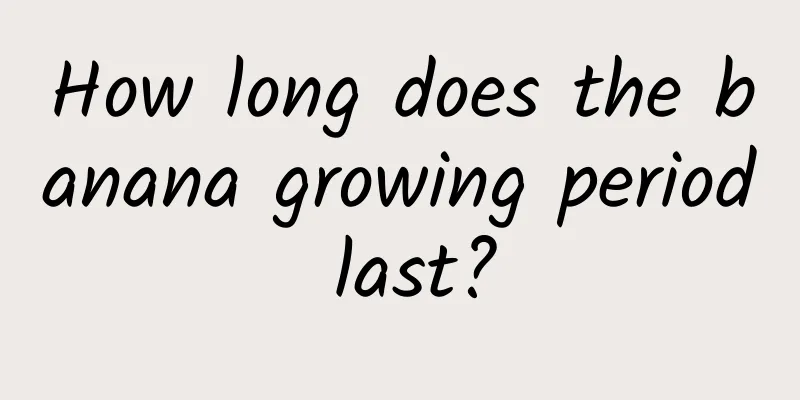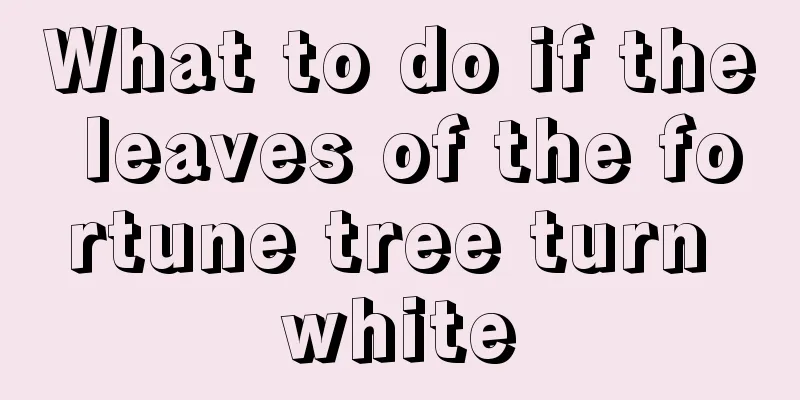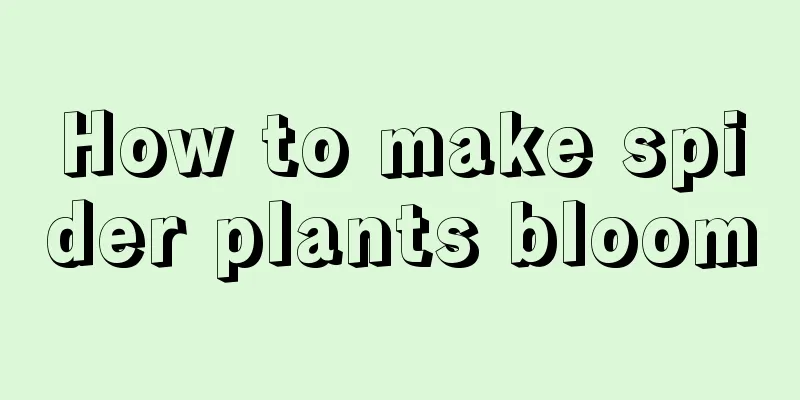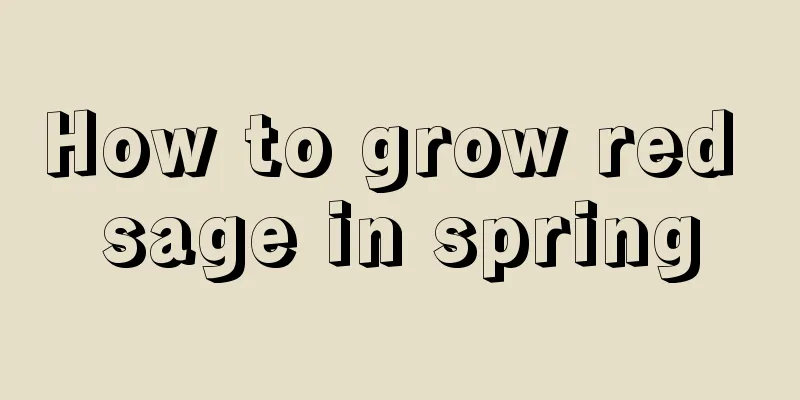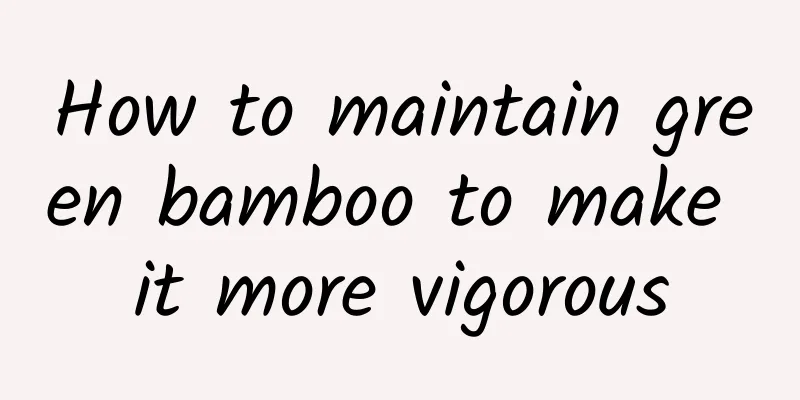I gave the flower a cruel cut with the scissors, and it actually made it bloom wildly without turning yellow leaves!
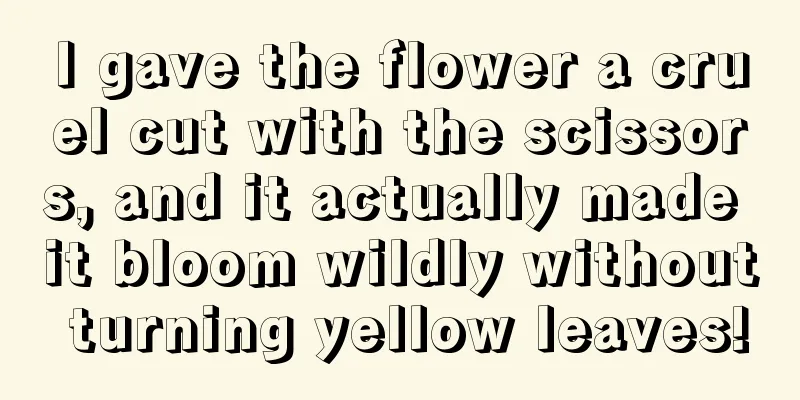
Prune after flowering for reblooming1. Most flowers that can bloom twice or three times need to be pruned after blooming before they can bloom again, taking roses as an example.2. After the rose has bloomed, it should be cut off from the position marked with the red line in the picture, which is approximately the 3rd-4th leaf below the flowering branch. 3. Note that the pruning cut should be at a 45-degree angle and should be above the small buds or branches, not too high or too low. 4. Use ropes to tie positions 1, 2, and 3 in the picture, and then pull down carefully. 5. Pull it to the position shown in the picture below to allow the branches to stretch out. 6. Place the flower pot in a sunny place and it will soon bloom for the second time. You can add a thin liquid fertilizer in between. Shortening promotes the sprouting of side branches1. The flowers and plants have grown into bare poles and can’t even stand? At this time, it needs to be pruned to allow it to sprout side branches and make the plant shape more beautiful. Here we take the rubber tree as an example.2. Shorten the rubber tree's trunk at 1/3, making sure the cut is smooth. 3. After pruning, a large amount of juice will flow out of the cut of the rubber tree. At this time, you should seal the cut with wood ash or clay, and wait until it stops flowing juice before proceeding. 4. Wrap the wound with a plastic bag and place it in a cool and ventilated place. Wait until the soil in the pot is completely dry before watering. 5. After a while, the rubber tree will sprout side buds, and the plant shape will become much more beautiful. Pinching to grow large flower balls1. If you want to grow large flower balls, you must pinch the tips to promote the germination of flower buds. The so-called pinching is to remove the small tender buds at the top of the branches.2. Pinching should start from the seedling stage to allow the seedlings to sprout more side branches. 3. When the seedlings grow up and before the flower buds form, they should be pinched 2-3 times, each time removing the two pairs of leaves at the top of the branches. 4. In this way, when it blooms, you can harvest big flower balls. Thinning to avoid sparse1. Flowers and plants should be thinned out to make the plant shape more beautiful and avoid the growth of diseased and weak branches that may cause the plant to become sick and weak.2. Remove the bottom buds: For woody flowers and plants (such as roses, bougainvillea, jasmine, etc.), the buds at the roots of the flowers and plants should be cut off in time. At this time, the main principle should be to keep the high and eliminate the low, keep the strong and eliminate the weak. 3. Cut off dense branches: This can promote ventilation of flowers and plants and reduce diseases and pests. 4. Prune off diseased and weak branches. 5. Cut off overlapping branches. 6. Cut off the overgrown branches. |
<<: A flower worth 20 million was stolen!
Recommend
The efficacy and function of green fruit
1. Prevent gastric cancer Green fruits contain a ...
How to propagate oleander
Growth habits of oleander Oleander likes to grow ...
How many days does it take for water spinach to sprout?
Water spinach is a common green leafy vegetable t...
A Complete Guide to the Water Cultivation and Care of Dripping Guanyin
Hydroponics steps 1. Take the potted plants direc...
Time and method of grafting persimmon trees
1. Time of grafting The time for grafting persimm...
What is the best time to prune bayberry trees?
Bayberry tree pruning time The best season to pru...
Precautions for the maintenance and management of tree roses in winter (how to prune the crown of tree roses)
1. Winter management of tree roses Winter managem...
What are the natural enemies of the golden apple snail?
The golden apple snail is a type of harmful snail...
Is cyclamen a perennial plant or a bulbous flower?
1. Is cyclamen a perennial plant? Cyclamen is a p...
Is Oxalis a four-leaf clover? What is the difference between Oxalis and four-leaf clover?
1. Not the same Oxalis and four-leaf clover are n...
What are the cultivation methods and precautions of asparagus fern?
Growth habits of asparagus fern Asparagus fern pr...
How to plant sugarcane (introduction to planting technology)
1. Select sugarcane sprouts When planting, sugarc...
Can cypress trees be planted in the yard?
Can I plant cypress trees in my yard? Cypress tre...
How to preserve ginkgo seeds and what is the probability of survival
1. Storage method The common storage method for g...
Four seasons maintenance methods of monkey orchid
Spring and Autumn Maintenance Methods for Monkey ...


